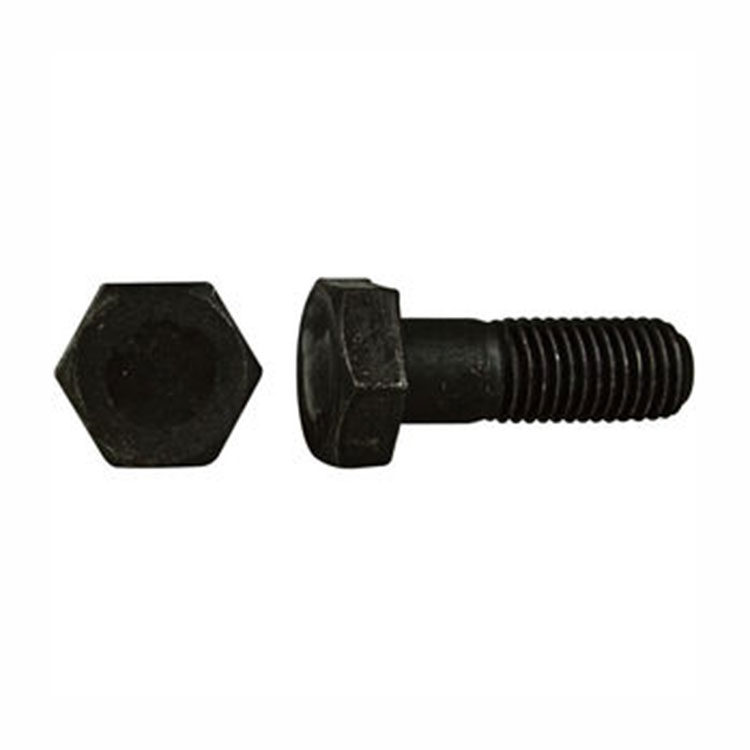Structural Bolts: The Backbone of Strong and Safe Construction
2025-06-09
In the world of construction and engineering, strength, stability, and safety are non-negotiable. One component that plays a critical but often overlooked role in ensuring these qualities is the structural bolt. Whether you're building skyscrapers, bridges, or industrial facilities, structural bolts are the fasteners that literally hold everything together.

What Are Structural Bolts?
Structural bolts are heavy-duty fasteners specifically designed for use in steel-to-steel connections. Unlike standard bolts, they are built to withstand extreme loads, vibrations, and environmental conditions. Their design, material, and performance characteristics are governed by strict standards such as ASTM A325, ASTM A490, or ISO 898-1 to ensure safety and reliability.
Key Features of Structural Bolts
High Strength
Made from carbon or alloy steel, structural bolts offer high tensile and yield strength for maximum load-bearing capacity.
Precision Threads
Designed for easy assembly and tight fit, preventing loosening under vibration.
Corrosion Resistance
Available with protective coatings like hot-dip galvanizing, zinc plating, or black oxide to resist rust in harsh environments.
Heavy Hex Head
The larger hex head distributes force more effectively, allowing for higher torque and better grip during installation.
Common Types of Structural Bolts
1. A325 Bolts: Medium strength, commonly used in bridges and buildings.
2. A490 Bolts: High-strength bolts for critical connections.
3. Tension Control (TC) Bolts: Built-in tensioning system ensures proper torque during installation.
4. Heavy Hex Structural Bolts: Most widely used, often paired with matching heavy hex nuts and hardened washers.
Where Are Structural Bolts Used?
Structural bolts are fundamental in various industries, including:
Construction – Steel frame buildings, stadiums, warehouses
Infrastructure – Bridges, highways, overpasses
Energy – Wind turbines, transmission towers, solar panel structures
Manufacturing & Mining – Industrial equipment, conveyors, cranes
Wherever structural integrity is mission-critical, you’ll find these bolts doing their job quietly and effectively.
Installation Matters
Proper installation of structural bolts is as important as their quality. Most bolts are torque-controlled or tensioned to ensure they’re tightened to specification. Pre-installation procedures often include:
Surface preparation
Preload testing
Use of calibrated torque wrenches or tensioning tools
Verification through inspection protocols
Failure to install structural bolts correctly can lead to joint failure, misalignment, or even structural collapse.
Choosing the Right Structural Bolt
When selecting bolts for your project, consider:
Load requirements (shear or tension)
Environmental conditions (indoor, outdoor, coastal, etc.)
Material compatibility
Relevant standards and certifications
Working with a reliable supplier ensures that the bolts meet the required strength, durability, and compliance standards for your region or industry.
Final Thoughts
Structural bolts may be small in size, but their role in construction is massive. From high-rise buildings to suspension bridges, these fasteners provide the reliability and strength needed to keep modern infrastructure standing tall.
Looking for high-quality structural bolts for your next project?
We supply a full range of certified bolts, nuts, and washers for all structural applications. Contact us today to learn more or request a custom quote.


